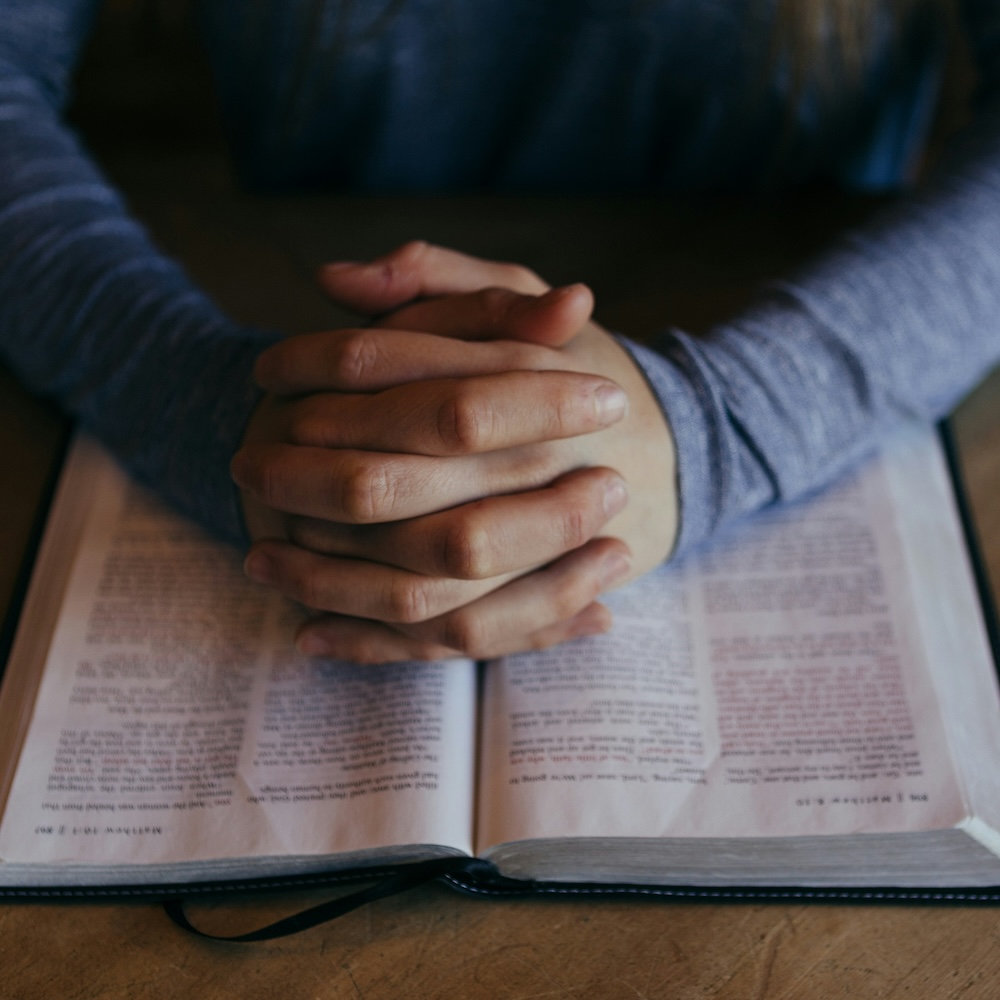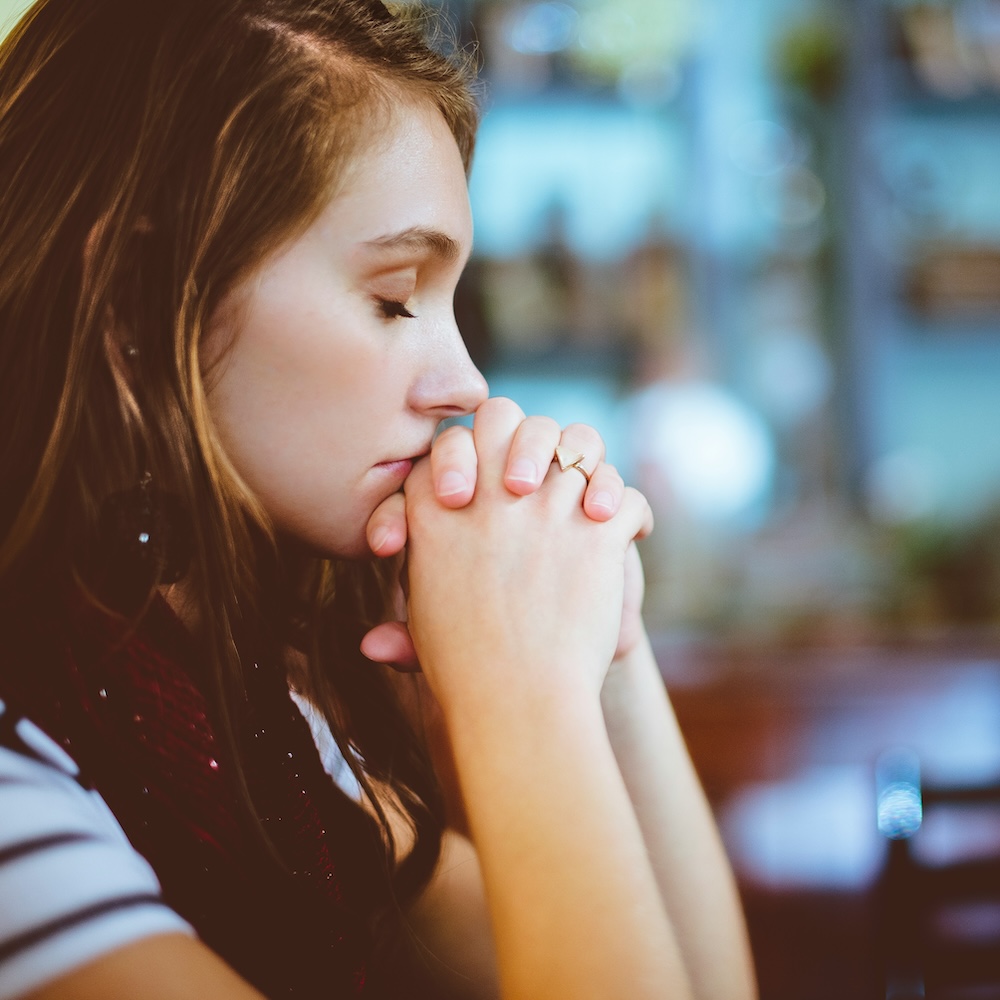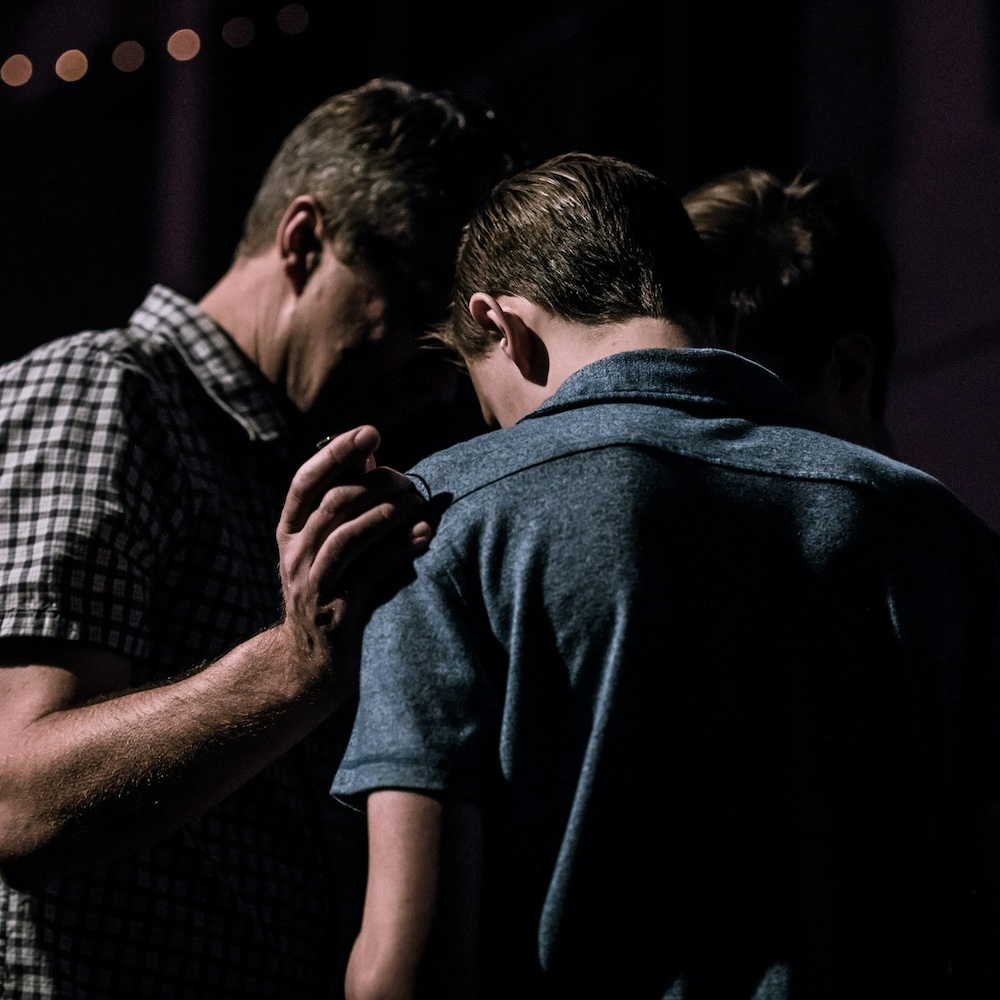Introduction
Religious freedom is a cornerstone of our faith and one of the most vital liberties we enjoy in America. It allows us to worship, live out our beliefs, and share the Gospel without fear of government interference. However, in today’s cultural and legal landscape, this precious freedom is increasingly under attack. Now more than ever, the Church must be equipped to defend and uphold religious liberty, ensuring that future generations can continue to live out their faith boldly.
This action guide is designed to empower you, your church, and your community to engage in the important work of protecting religious freedom. Inside, you will find essential information about your constitutional rights, practical steps for advocating on behalf of religious liberty, and resources to help you make an impact. By standing together, we can ensure that the ability to worship, evangelize and participate in government remains secure in our nation.
Whether you're a pastor, church leader, or passionate advocate for religious freedom, this guide will provide you with the tools and knowledge needed to make a meaningful difference. From contacting your local representatives to hosting informational sessions at your church, every step you take helps safeguard the freedoms that allow the Gospel to spread without hindrance. Together, we can defend the right to live out our faith with conviction and courage.
Let’s take action today to protect the future of religious liberty.
Understanding Your Rights

- Constitutional Perspective:
Religious freedom is one of the most cherished rights protected by the U.S. Constitution. The First Amendment provides that “Congress shall make no law respecting an establishment of religion, or prohibiting the free exercise thereof.” This broad protection allows individuals and communities to practice their faith freely, both privately and publicly, without fear of government interference.
However, it’s important to understand that religious freedom is not just about what happens inside church walls. The First Amendment extends beyond worship services or personal beliefs. It safeguards the ability to live out one's faith in everyday life—whether in the workplace, in public spaces, or in our communities. Religious liberty covers not only belief but also action. As the Supreme Court has noted, the "free exercise" of religion refers to both internal convictions and external conduct.
The scope of this protection is critical for anyone committed to sharing their faith and engaging in mission work. The First Amendment protects public evangelism, outreach efforts, and mission activities, allowing believers to take their faith beyond the sanctuary and into the streets, schools, and civic spaces. Religious freedom, therefore, isn’t limited to private expressions but extends to how one lives out faith in every aspect of life.
Moreover, religious liberty is directly linked to the freedom of conscience. In a pluralistic society, the government must respect the individual’s right to determine what is right and wrong based on their faith, without imposing its own moral or ethical framework. This principle is critical to ensuring that the government does not overreach its authority by dictating or suppressing personal religious convictions and actions.
The First Amendment not only protects the individual’s right to believe but also serves as a check on government power. The role of the government is not to grant rights, but to protect the God-given rights that already exist. As such, religious freedom is part of a broader understanding of liberty and the responsibilities of the state to its citizens. It is this relationship that enables religious communities to flourish, advocate for justice, and engage with society without fear of punishment or repression.
In summary, religious freedom is more than just the right to hold religious beliefs. It’s the right to live out those beliefs in tangible ways in both private and public spheres, to speak about faith openly, and to do so without interference from government authorities. This freedom is essential for maintaining a just and equitable society where diverse beliefs can coexist and where the truth can freely be proclaimed.
- RFRA Explanation:
The Religious Freedom Restoration Act (RFRA), passed in 1993, plays a crucial role in safeguarding religious liberty by ensuring that government actions do not unduly interfere with the free exercise of religion. RFRA was designed to restore the protections of religious freedom that had been weakened by a 1990 Supreme Court ruling and places strong limitations on the government’s ability to burden religious practices.
Here are the key elements of RFRA and how it works:
Government Must Meet Two Key Criteria:
- Compelling Interest: The government must prove that any action infringing on religious practices is in pursuit of a critically important goal, such as public safety.
- Least Restrictive Means: Even if the government has a compelling interest, it must use the least restrictive way of achieving that goal, minimizing the impact on religious exercise.
Broad Scope of Protection:
RFRA applies to both individuals and organizations, including businesses owned by people of faith. This was confirmed in the Burwell v. Hobby Lobby case, where the Supreme Court ruled that closely held for-profit businesses could claim religious exemptions from government mandates that violate their owners' deeply held beliefs.
Strict Scrutiny Standard:
RFRA requires that any government action affecting religious practices be subject to strict scrutiny, the highest standard of judicial review. This ensures that religious practices cannot be restricted without an extremely compelling reason and that no less restrictive alternative is available.
This strict scrutiny requirement has made RFRA a powerful defense for believers who seek to live out their faith in ways that might otherwise conflict with government regulations.
State-Level Importance:
While RFRA applies to federal laws, many states do not have their own versions of the act, leaving religious individuals and organizations vulnerable to state and local government policies. Georgia, for example, currently lacks a state-level RFRA, making it essential for people of faith to advocate for similar protections at the state level.
Without state-level RFRAs, churches, faith-based organizations, and individuals may face legal challenges when local ordinances conflict with religious practices.
Purpose of RFRA:
RFRA does not provide a blanket exemption from laws; rather, it ensures a balanced approach where government action that affects religious exercise must meet the highest standards of justification.
The act protects religious communities from being forced into actions that violate their beliefs while allowing the government to regulate in areas where compelling interests, such as public health and safety, are clearly established.
For religious communities, RFRA serves as a crucial tool in protecting their ability to practice and express their faith in everyday life, from participation in government, to public evangelism and private worship. It ensures that government intrusion into religious matters is carefully regulated, preserving the free exercise of religion in a complex legal landscape.
Protecting Evangelism and Missions

Why It Matters:
Religious freedom is more than just a personal right—it is central to the mission of the Church. Without it, the ability to share the Gospel and engage in mission work becomes severely restricted. Evangelism and missions thrive when believers are free to practice and proclaim their faith, both publicly and privately, without fear of government interference or social repression.
The Great Commission, where Jesus commands, “Go, therefore, and make disciples of all nations” (Matthew 28:19), calls Christians to share the message of salvation openly and boldly. But in order to fully fulfill this mandate, religious freedom must be protected. The ability to freely speak, gather, and evangelize is directly tied to the defense of this fundamental right.
Here’s why religious freedom matters so profoundly for evangelism and missions:
Freedom of Conscience:
Religious freedom upholds the principle that only God, not the government, should be the Lord of the conscience. Believers are called to share their faith in accordance with their convictions, and any restriction on this freedom can hinder individuals from living out their God-given responsibility to evangelize.
Public Witness:
Evangelism isn’t confined to church buildings—it is lived out in everyday actions and interactions. Religious freedom allows believers to be witnesses in public spaces, workplaces, schools, and communities without fear of censorship or legal penalty. Limiting religious liberty stifles this public witness, undermining the ability to live out the Christian faith beyond personal belief.
Mission Work:
Missions depend on the freedom to operate freely, both locally and globally. Whether organizing community outreach or sending missionaries abroad, religious freedom ensures that churches and faith-based organizations can continue their efforts to spread the Gospel and serve those in need. Without these protections, mission work could be curtailed by hostile governments, restrictive laws, or cultural opposition.
Defense Against Cultural Pressures:
In today's society, biblical truths on sensitive issues such as marriage, gender, and moral conduct are increasingly labeled as "hate speech" in the public square. Religious freedom safeguards the Church’s ability to stand firm on biblical principles while continuing to evangelize without being silenced or punished.
Historical Precedent:
From the founding of the nation, religious freedom has been a cornerstone of American society. Early settlers, such as the Pilgrims and Puritans, came to America seeking the freedom to worship without government interference. This legacy of religious liberty has allowed churches and mission organizations to flourish and evangelize without the threat of persecution—a freedom that remains essential today.
By defending religious freedom, we are not only protecting the rights of believers but also ensuring that the Gospel can be shared freely. Without these protections, the Church risks losing its voice in the public square, its ability to engage in meaningful outreach, and its impact on future generations.
Case Studies:

Religious freedom is not an abstract idea—it plays out in real-world scenarios where the ability to live out faith and religious practices comes into direct conflict with government regulations or legal mandates. Reviewing real-life cases helps us see how the Religious Freedom Restoration Act (RFRA) serves as a vital protection for individuals, churches, and organizations. One of the most notable examples is the Hobby Lobby case, along with others that highlight RFRA’s role in safeguarding religious liberty.
The Broader Implication of RFRA for Evangelism and Missions
These case studies demonstrate that RFRA is an essential legal tool for protecting the religious freedom of individuals, businesses, and organizations from overreaching government policies. For churches and ministries involved in evangelism and missions, RFRA ensures that the government cannot impose regulations that would restrict the free practice of faith, whether through mandated actions or indirect limitations.
For example, RFRA could be invoked if government policies were to limit church outreach efforts, missions activities, or evangelism strategies that involve public spaces. By providing this legal protection, RFRA allows Christians to share the Gospel and carry out missions without unnecessary government intrusion.
Understanding these examples highlights how critical RFRA is in defending religious liberty and protecting the Church’s ability to evangelize and engage in missions, both domestically and internationally.
Take Action
1
Pray
As we engage in the important work of defending religious freedom, we ask God for His help and intervention. Please take time to lift up our leaders, communities, and fellow believers, asking God to protect and preserve our rights to live out our faith freely.
A dedicated prayer guide has been created to help you pray intentionally for these issues over the next 14 days. We invite you to follow this guide and join others in prayer as we seek God's wisdom, courage, and guidance in these challenging times. You can access the online prayer guide below.
2
Get Informed
Research: Stay updated on local and national religious freedom issues.
Resources:
Mike Griffin Article: 2024 Religious Freedom Restoration Act Post-Legislative Debrief
Christian Index Article: We need to fight to keep our religious freedom, or we will lose it
2015 Resolution: The Georgia Baptist Convention Resolution on Protecting Religious Liberty
VIDEO: What is RFRA and Why We Need It
(2 mins)
VIDEO: Religious Freedom in Crisis: What the Church Must Do Now
(9 mins)
What is RFRA and Why We Need It
Religious Freedom in Crisis: What the Church Must Do Now
3
Contact Your Representatives
Find Your Rep: Locate your state senator and representative's contact information.
Sample Letter/Email or Phone Calls: Use the instructions and provided templates to draft your messages.
4
Engage Your Community
Host Informational Sessions: Organize events to educate others about religious freedom and its importance.
Social Media: Share information and updates on social media platforms to raise awareness.
5
Vote Your Conscience
Know the Candidates: Research candidates' positions on religious freedom issues.
Voting Guide: Follow a guide to ensure your vote supports religious liberty protections.
Need Support?
Reach out for further assistance or questions regarding religious freedom advocacy.
You may contact Mike Griffin, Public Affairs & Advocacy Representative for the Georgia Baptist Mission Board at mgriffin@gabaptist.org or 706-436-2646.
